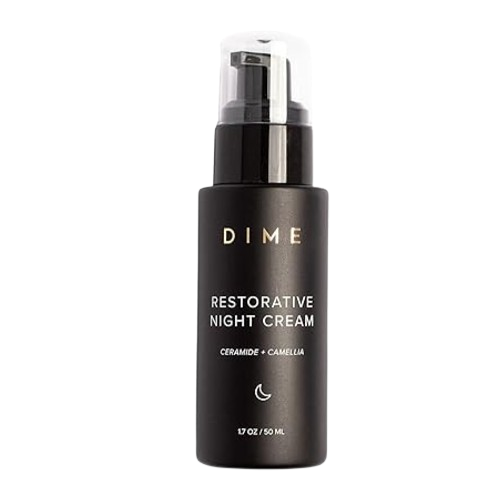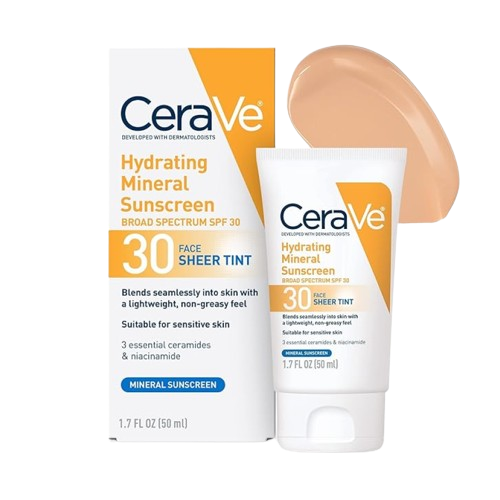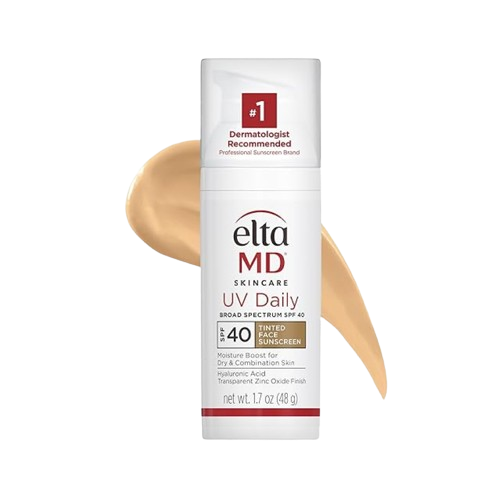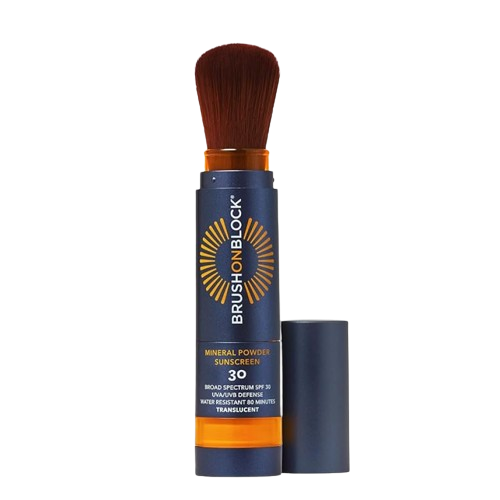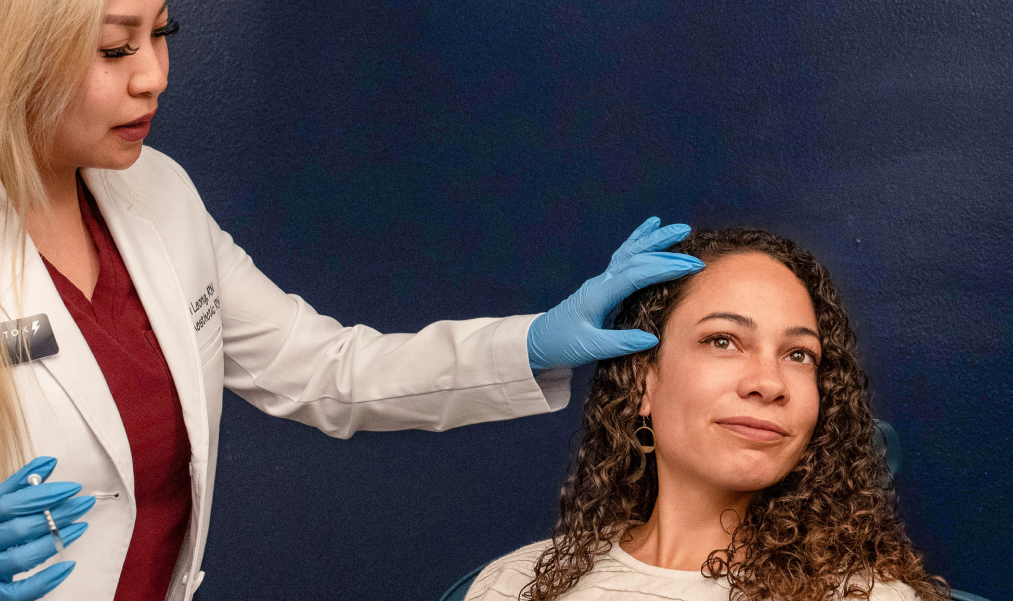Learn
Sunscreen protects against UV damage and premature aging.
A QUIKTOX primer on how skin ages and what you can do to help take care of your skin along the way.
Contents

A QUIKTOX primer on how skin ages and what you can do to help take care of your skin along the way.
Contents
How Wrinkles Form
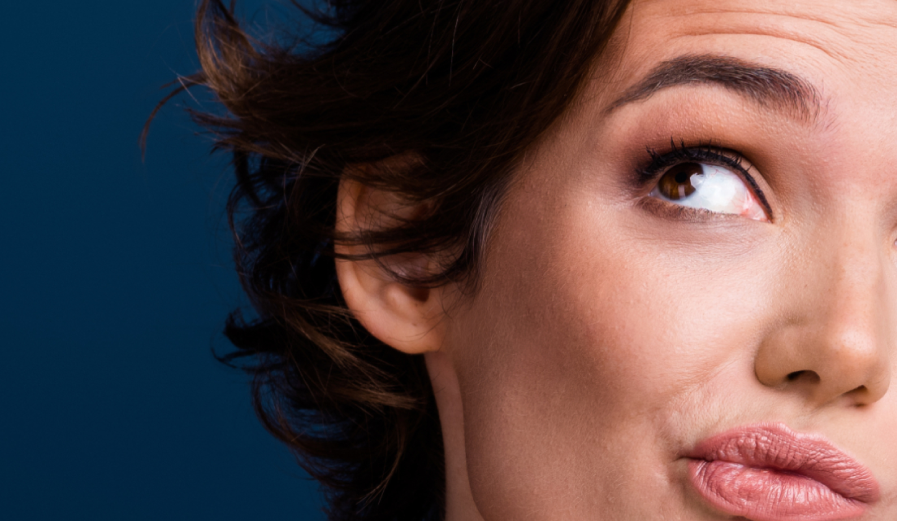
1
Tox
Movement
Natural muscle movements in the face over time convert temporary creasing in the skin to permanent lines.
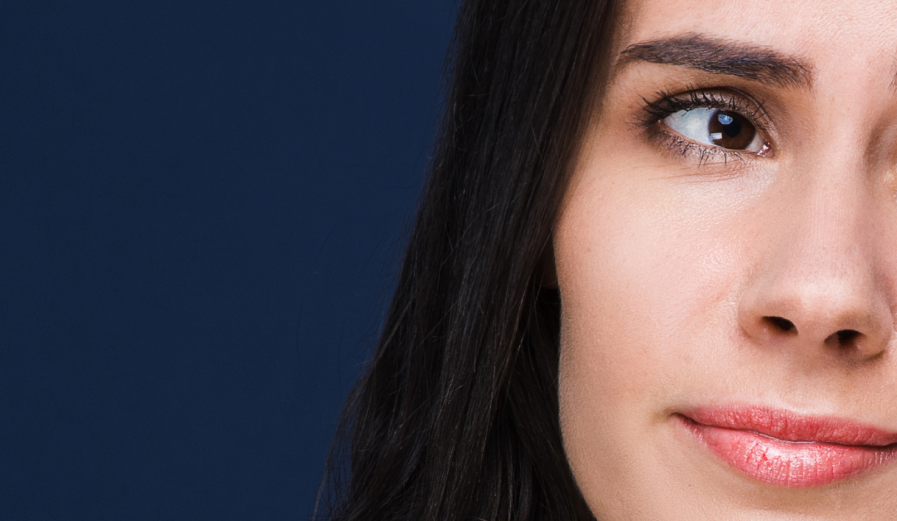
2
Retinoids
Collagen Loss
As we get older, the body naturally begins to produce less collagen, a structural protein critical to the health and elasticity of the skin.

3
Sunscreen
UV Damage
Exposure to UV radiation from the sun accounts for *80% of facial aging* by directly degrading collagen in the skin.
UV damages the skin
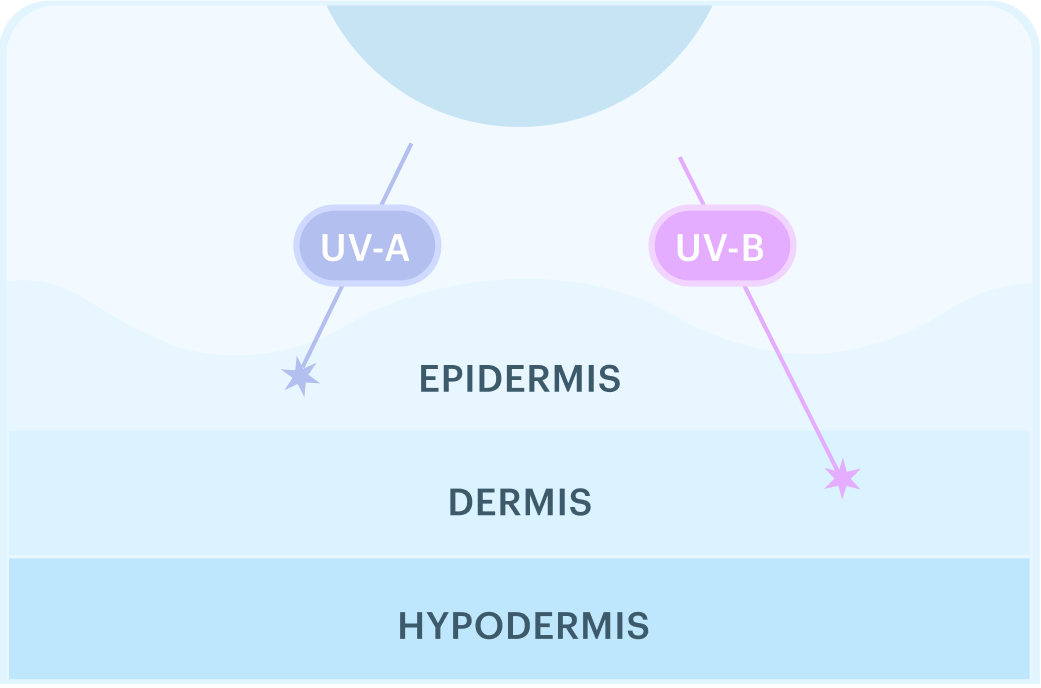
Sunlight contains two forms of ultraviolet (UV) light that damage our skin, UV-A and UV-B rays.
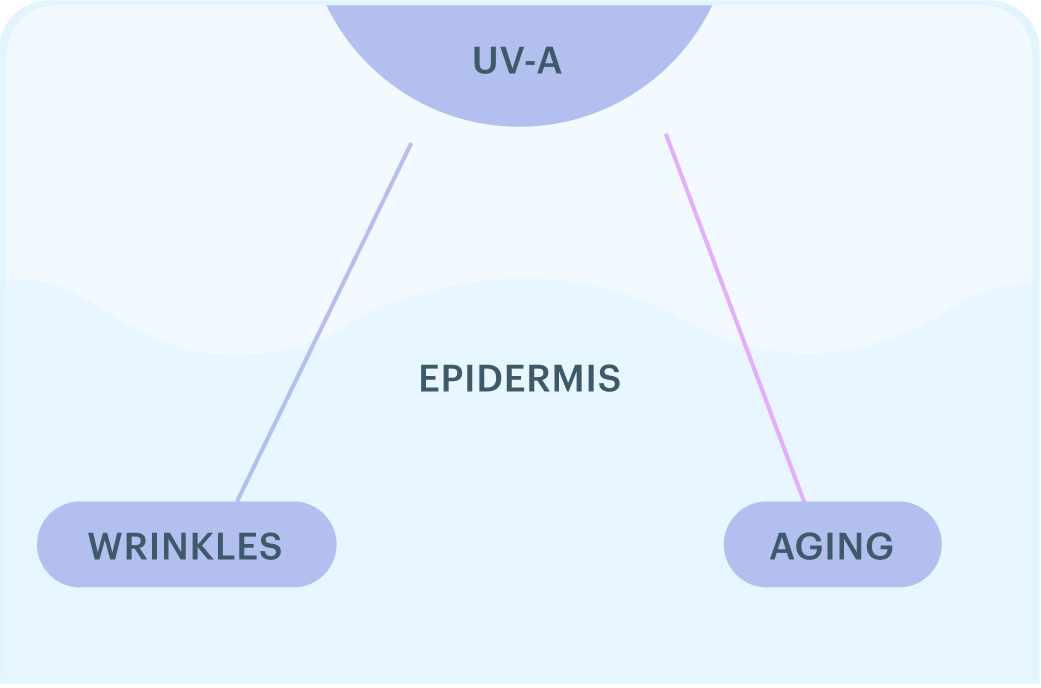
UV-A rays cause skin damage that leads to premature skin aging, wrinkles, and tanning.
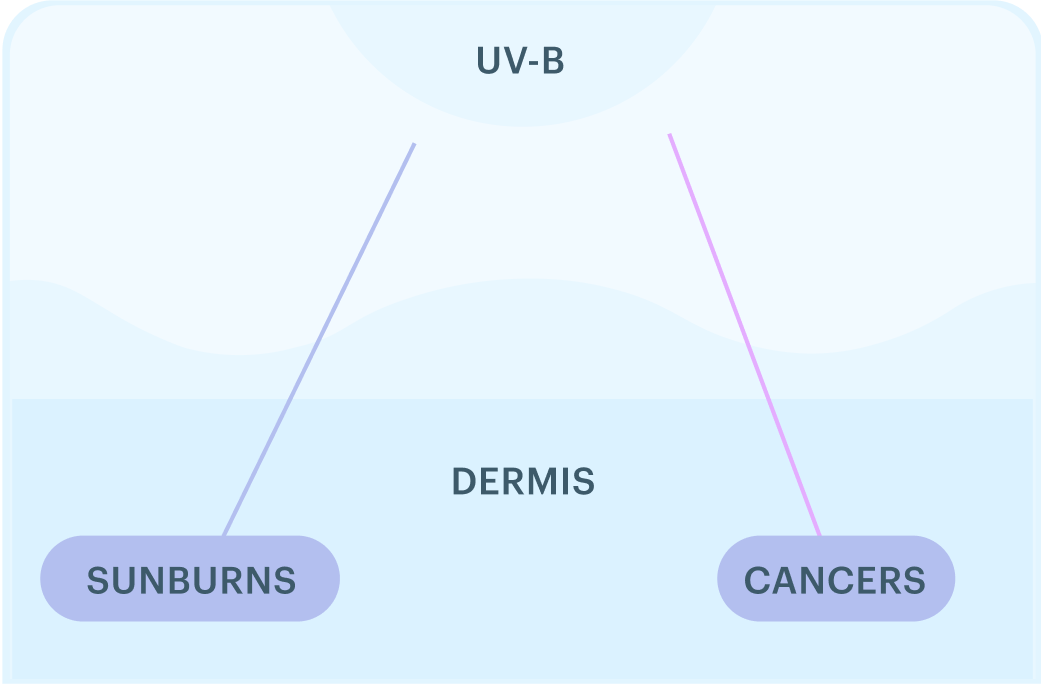
UV-B radiation damages collagen and elastin, and drives the wrinkled appearance of sun-exposed skin, along with playing a key role in developing skin cancer.
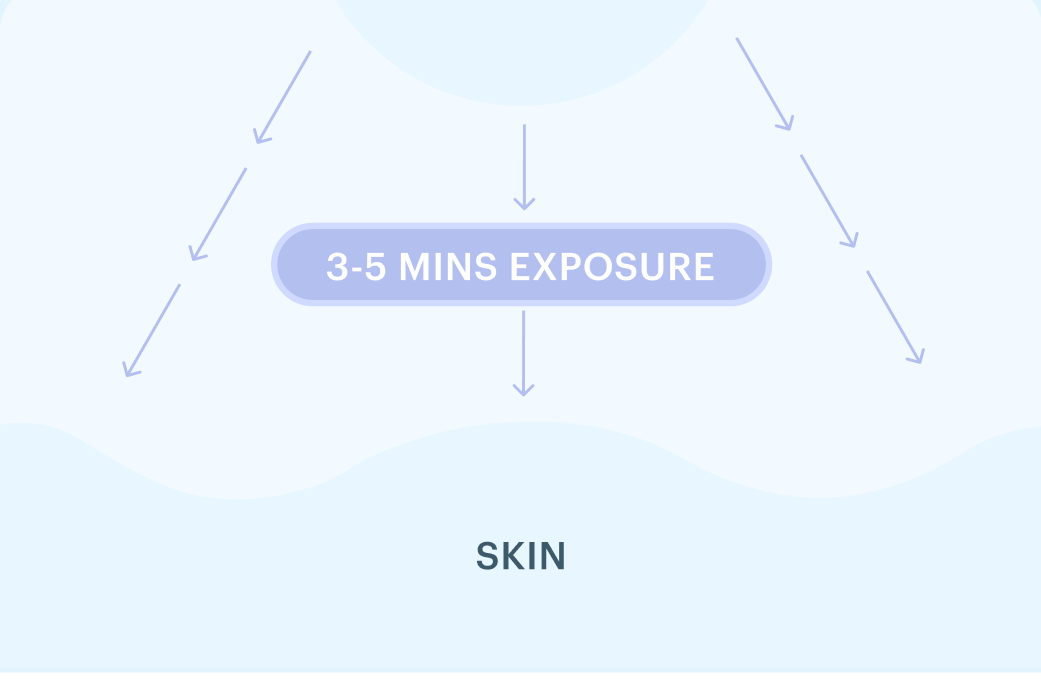
Premature aging from sun exposure starts within 3-5 minutes of being outside, well before you’d notice a burn forming, even when cloudy and cold! Sunscreen and sun avoidance are critical in preventing photoaging.
Sunscreen is essential
in protecting against UV light.
Broad spectrum
Even with high SPF, a sunscreen that isn’t broad spectrum doesn’t protect from all UV-A rays, meaning you’ll be susceptible to premature skin aging.
- Smoother skin texture
- Evens skin tones
Mineral Filters
Physical (or Mineral) filters such as zinc oxide or titanium dioxide reflect UV rays instead of absorbing like chemical filters. Chemical filter-based sunscreens have been found to absorb into the bloodstream at higher than FDA-recommended concentrations. While more study is required to fully understand the effects, we recommend going with a mineral filter-based sunscreen.
- Skin tones brightened
- Pores reduced
SPF 30-50
SPF indicates the level of protection your sunscreen will bring you from UV exposure. When you get to higher than SPF 50, it doesn’t statistically increase your UVB protection and may actually pose a health risk! A SPF 30–50 is ideal even if you’re more prone to burning.
- Wrinkles reduced
- Better skin elasticity
